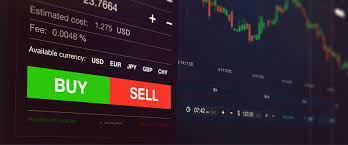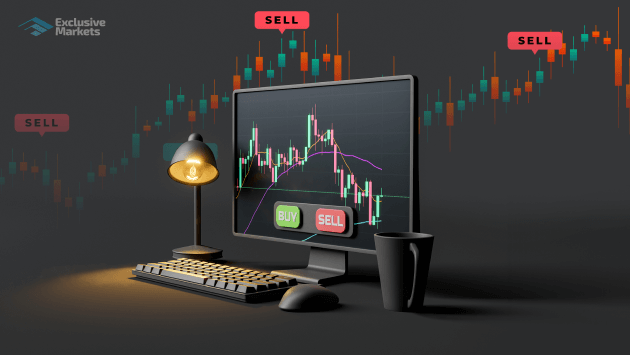
Forex Trading for Beginners
Forex trading can be a daunting world for beginners, filled with complex terms and jargon that can make entering the market seem overwhelming. However, with the right guidance and knowledge, you can navigate this domain successfully. In this guide, we will break down the essential components of forex trading for beginners and help you understand the basics needed to get started. For those in search of reliable platforms, check out the forex trading for beginners Best Indonesian Brokers for your trading needs.
What is Forex Trading?
Forex, or foreign exchange, refers to the global marketplace where currencies are traded. Unlike stock markets that operate on exchanges, forex trading occurs over-the-counter (OTC), meaning that transactions are conducted directly between parties, typically through a broker. Forex trading is the act of buying one currency while simultaneously selling another, hence the term “currency pair.”
The Basics of Currency Pairs
When you participate in forex trading, you’ll encounter currency pairs. These pairs consist of a base currency and a quote currency. For example, in the EUR/USD pair, the euro (EUR) is the base currency, while the US dollar (USD) is the quote currency. The exchange rate indicates how much of the quote currency is needed to purchase one unit of the base currency. Understanding these pairs is crucial for executing trades and predicting market movements.
Understanding Pips and Lots

In forex trading, profits and losses are often measured in pips. A pip is the smallest price move that a given exchange rate can make based on market convention. For most currency pairs, a pip is typically 0.0001, but for pairs involving the Japanese yen, it is 0.01. Additionally, trades are conducted in lots. A standard lot is 100,000 units of the base currency, a mini lot is 10,000 units, and a micro lot is 1,000 units. Understanding these concepts will help you manage your trades effectively.
Choosing a Forex Broker
Your choice of broker can significantly affect your trading experience. When selecting a forex broker, consider factors such as regulation, trading platform, fees, spreads, and customer service. Make sure to choose a broker that is regulated by a reputable authority and offers a trading platform that is user-friendly. Additionally, look for competitive spreads and low fees to maximize your potential profits.
Developing a Trading Strategy
A trading strategy is essential for success in forex trading. As a beginner, it’s crucial to develop a strategy that outlines your trading goals, methods, and risk management techniques. Common strategies include day trading, swing trading, and scalping. Research and demo trading can help you refine your strategy before committing real money.
Technical vs. Fundamental Analysis
When trading forex, analysis is key to making informed decisions. There are two primary types of analysis: technical and fundamental. Technical analysis involves analyzing price charts and patterns to predict future movements based on historical data. In contrast, fundamental analysis looks at economic indicators, news events, and geopolitical factors that could influence currency values. Many traders use a combination of both methods to enhance their trading decisions.

Risk Management in Forex Trading
Risk management is critical in any form of trading, particularly in forex where volatility can lead to substantial losses. Establishing a risk management plan involves setting stop-loss orders, determining your risk-to-reward ratio, and not risking more than you can afford to lose in a single trade. By managing your risks wisely, you can protect your capital and ensure longevity in the forex market.
Starting Your Forex Trading Journey
Before diving into live trading, it’s advisable to open a demo account with your chosen broker. A demo account allows you to practice trading with virtual money, helping you get accustomed to the trading platform and develop your strategies without any financial risk. Use this time to learn, experiment, and ask questions.
Continuous Learning and Adaptation
Forex trading is not a one-time learning experience but a continual journey of education and adaptation. Markets evolve, and staying informed about economic events, new strategies, and market psychology will enhance your trading skills. Consider joining trading forums, attending webinars, and reading trading books to expand your knowledge.
Conclusion
Forex trading can offer exciting opportunities for those willing to invest the time and effort to learn. By understanding the basics, developing a solid trading strategy, and implementing good risk management practices, beginners can set themselves up for success. Remember, every trader starts somewhere, and with persistence and education, you can thrive in the forex market.


